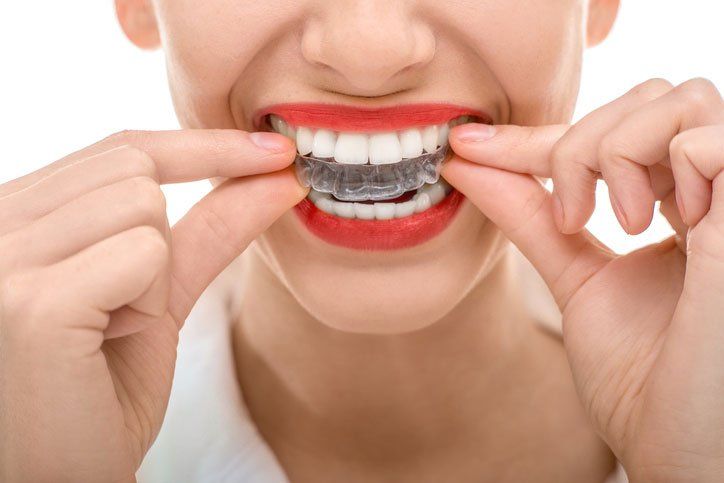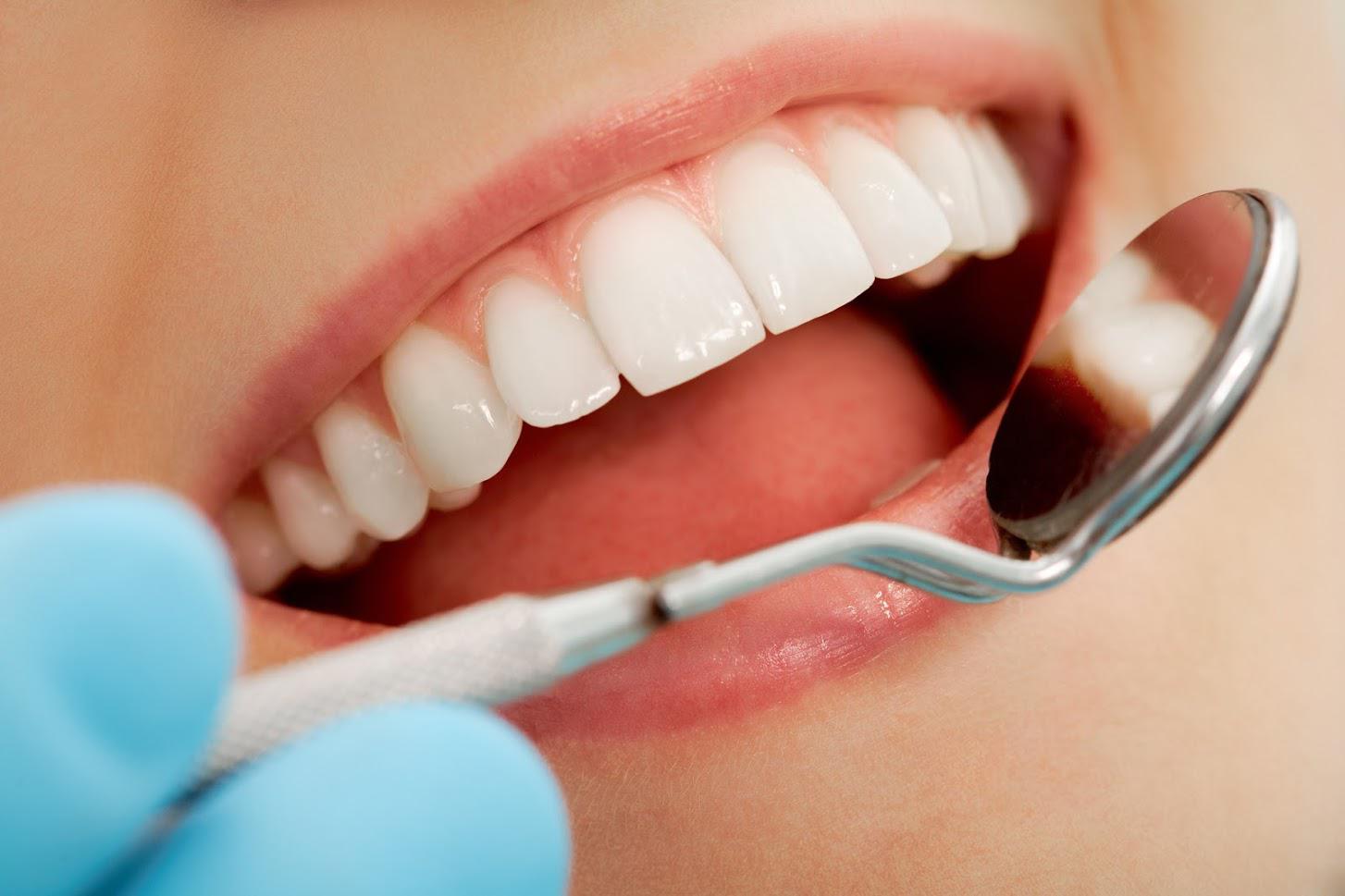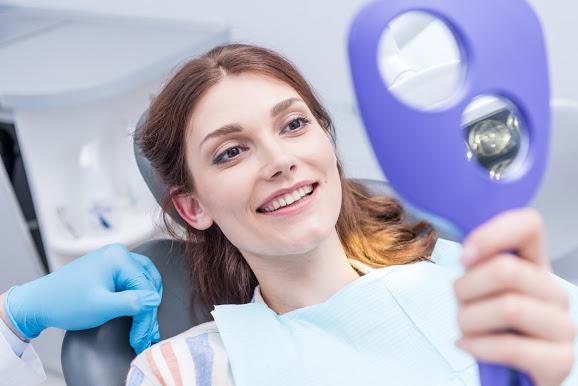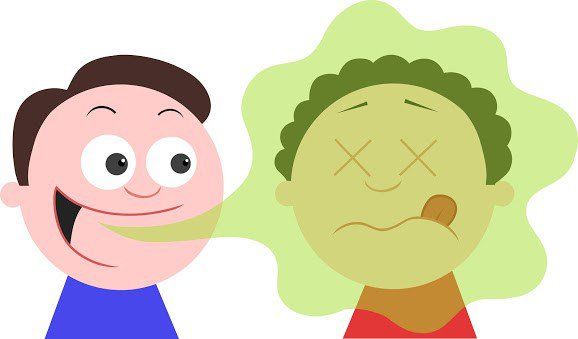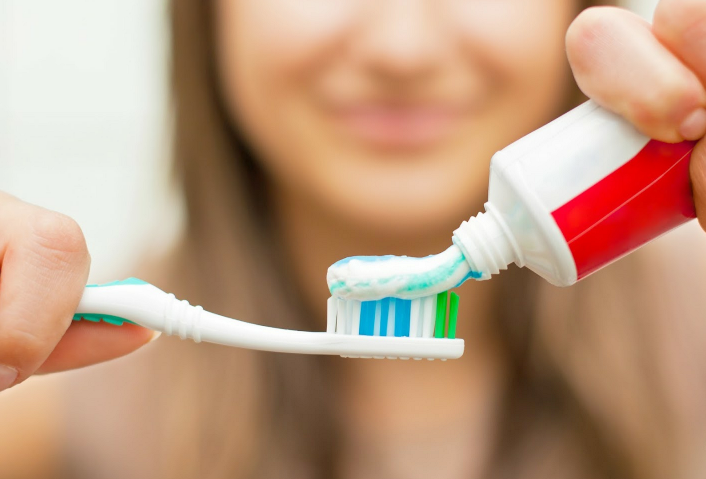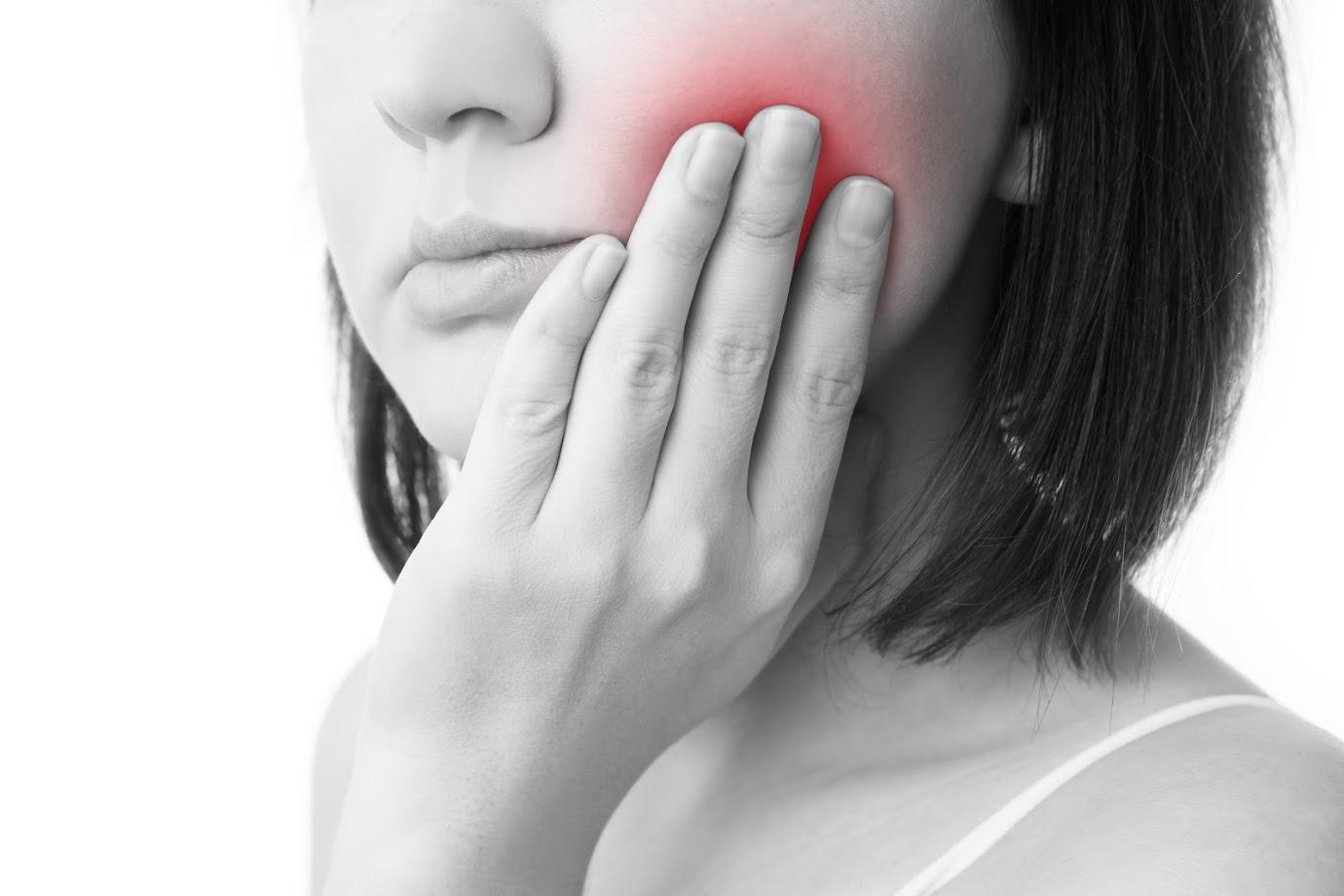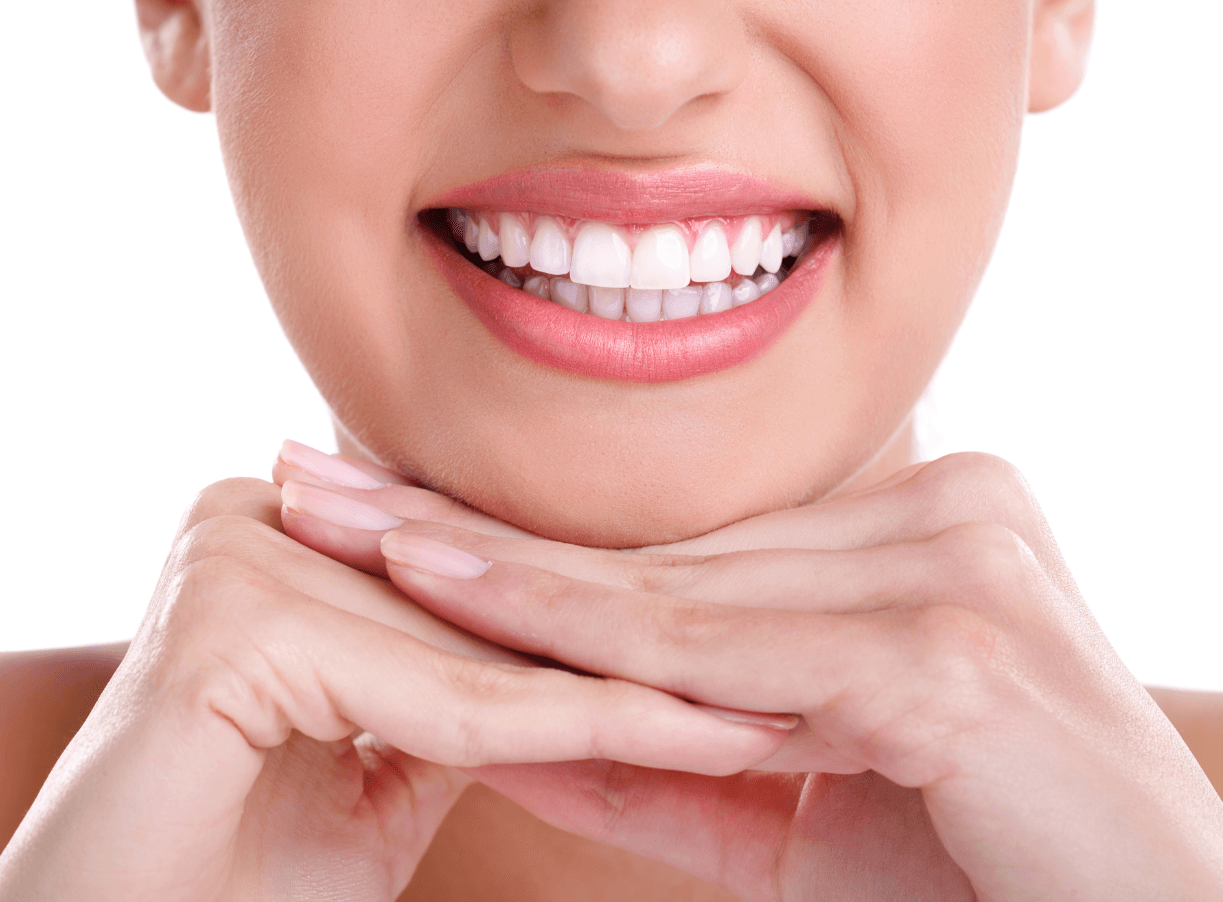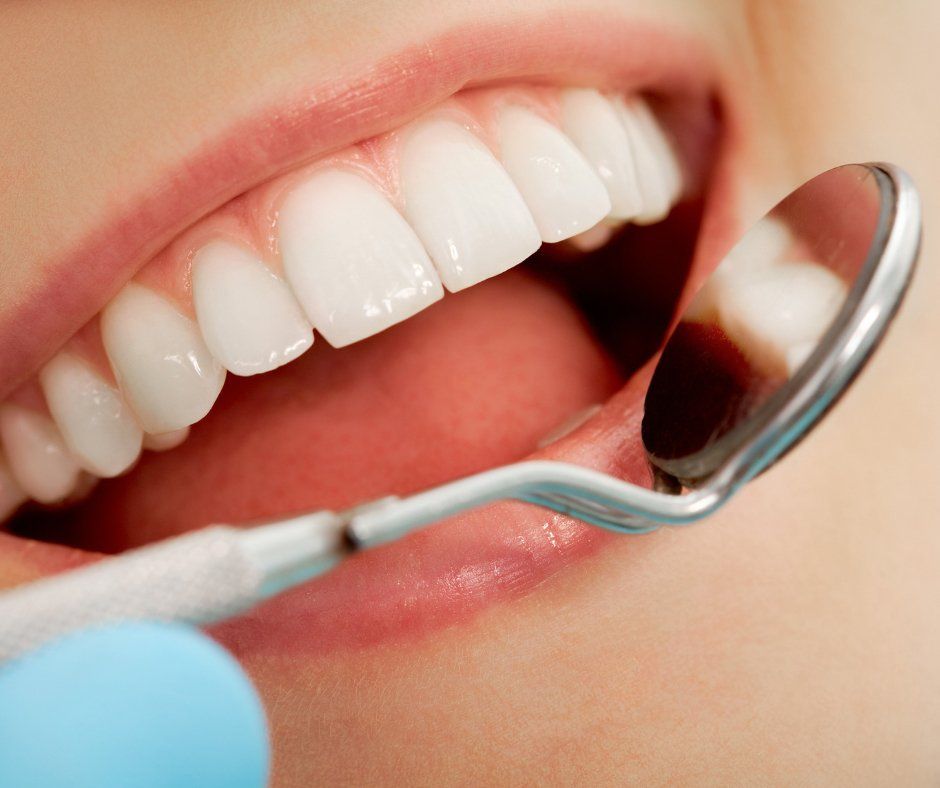Managing Bruxism When You Can't Go to the Dentist
- By Admin
- •
- 08 Apr, 2020
- •
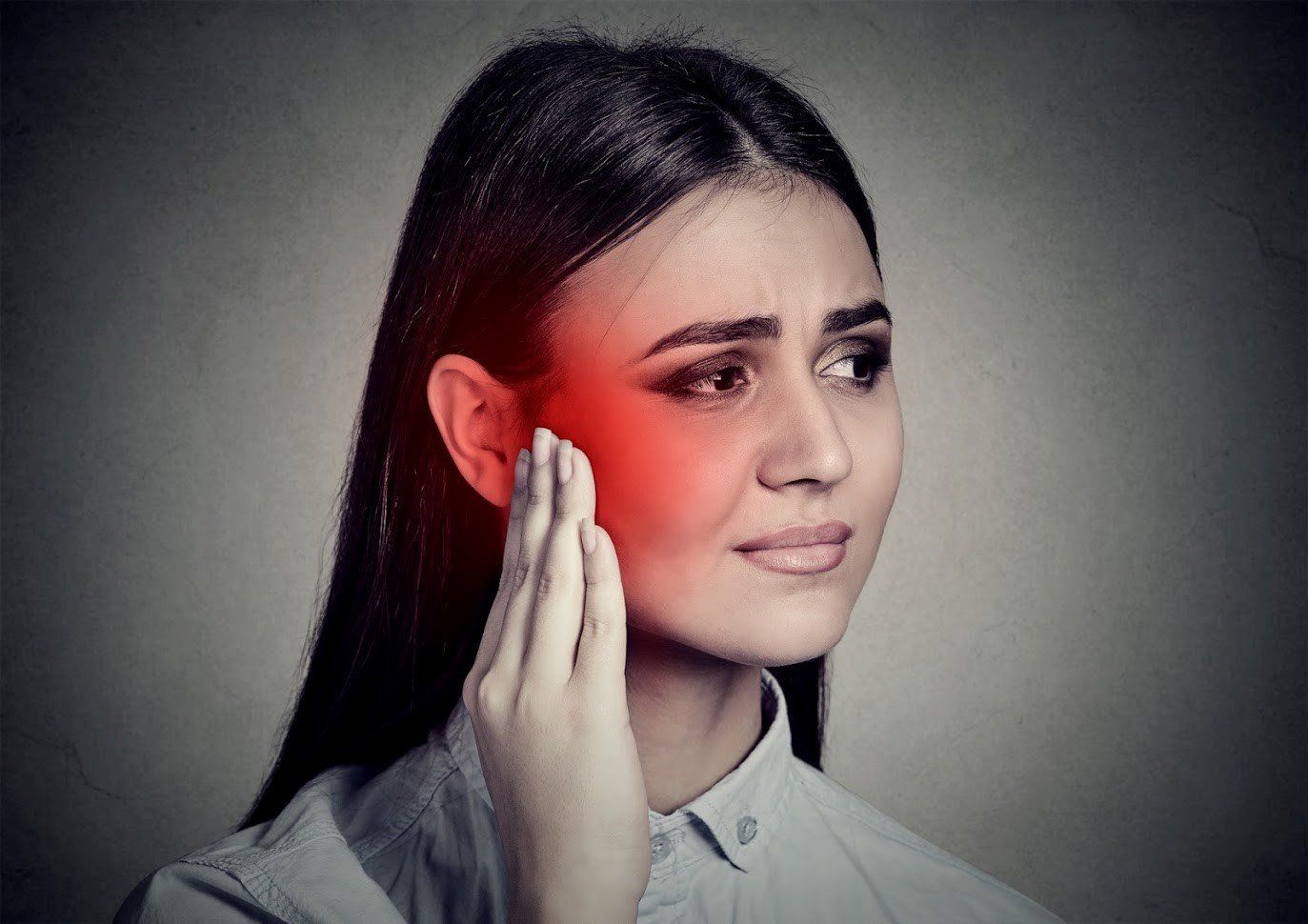
Professional dental care is always the gold standard for any dental problem, but not everybody always has easy access to a professional. Whether your state is under a stay-at-home order and only emergency dental visits are allowed, or whether you lack transportation or mobility, you may feel like you're out of options.
But unlike a tooth cavity, a bruxism problem doesn't have just one solution. Professional treatments, home care, and other factors can all contribute to lessening the issue. Discover some steps to take for your bruxism if you can't get to the dentist in person anytime soon.
1. Look for Virtual Dental Consult
In some cases, you may be able to consult your dentist over the phone or via an online video meeting. This virtual consult won't give your dentist the chance to physically perform work on your mouth. However, you can discuss any symptoms you have and ask your dentist for recommendations on how to manage any ongoing bruxism issues.
2. Get a Nightguard You'll Use
Your dentist may recommend a nightguard for nighttime grinding. In some cases, though, a patient may find a nightguard difficult to use. This could be due to excessive bulkiness (especially if you use an over-the-counter guard), or the nightguard may simply not fit any more.
For example, if you've had dental work done recently, you may need refitting for a nightguard. Or if your case is severe, your guard may be completely chewed through and need replacement.
Unfortunately, if you can't visit your dentist in person, you won't be able to get your dentist to fit you for a new guard. However, some alternatives exist, such as ordering a kit in the mail so you can take an impression of your teeth and have a laboratory make the professional-quality guard for you. Talk to your dentist about which options may be best for you right now.
3. Check Out Your Jaw Muscles
Your main clenching and grinding muscles include masseter, pterygoid, and temporalis muscles. The masseter is located alongside the back and side of your jaw (on both sides of your face) as expected, with two sets of pterygoids beneath. The temporalis is in the temple region, above your ear. These muscles may be tense and may benefit from some gentle rubbing.
You may also hold tension in other muscles in your head and neck region, depending on the extent and cause of your bruxism. Talk to your dentist about whether some of the other muscles in your head and neck area may need stretching or self-massaging as well and how this could affect your clenching and grinding.
4. Examine Your Sleep Hygiene
Sleep hygiene is a term that encompasses the conditions in your sleeping area each night, your sleep schedule, the way you prepare for sleep, and similar related issues. If you have poor sleep hygiene, that doesn't mean bruxism is your fault. It could offer an opportunity to work towards improved sleep hygiene, though, which can relieve symptoms in some patients.
Check the recommendations of experts such as the National Sleep Foundation for recommendations for better-quality sleep. Then experiment with incorporating some of these to see if they help your bruxism. For example, some patients can find some relief when they add a relaxing bedtime routine.
Relaxing routines could include indulging in a warm bath just before bed, doing a few yoga stretches, or even doing just a little deep breathing. Some people also try magnesium supplements. (Be sure to consult with your doctor before adding any new supplements such as magnesium.)
These steps may help you to protect your teeth against the effects of bruxism while you wait for your next opportunity to make a dental appointment. Be sure to keep an eye on the state of your teeth as well, though. In some cases, bruxism can cause chipped or even broken teeth. A broken tooth can sometimes require an emergency dental appointment.
For more information on our services and appointments, call the office of Michael G. Landy DDS today.





